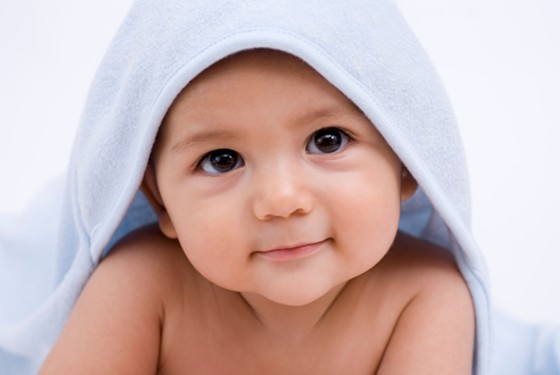Even though routine vaccinations cover our children against this bacterial infection there are still minor outbreaks. Vaccination means fewer people are affected and symptoms are much less severe. More importantly, there are less of the bacteria around the community to infect babies who are particularly at risk – 1 in 100 die if hospitalised with Whooping Cough in the first two months of life.
Pertussis usually begins as a typical “cold”, progressing over few days to a persistent dry cough. When coughing, the un-vaccinated child makes a “whooping” sound when they breathe in, immediately followed by vomiting. Coughing comes in bouts. Sometimes there is life-threatening obstruction to breathing or the bacteria may infect the lungs (pneumonia) or brain (encephalopathy; seizures).
Infection is spread by a coughing respiratory droplets. Some 80% of close contact (e.g. households; Day-Care) may become infected and 10 days later, the illness starts. Symptoms can last 6-10 weeks if untreated.
Diagnosis in on the history and from tests usually a swap taken from the nose for a PCR test).
Treatment is with antibiotics, which only work if given in the first two weeks of the illness. Infected children can return to Day-Care or school after five days on treatment.
These people should also be treated if in close contact with an infected person with the first 21 days.
- Any baby under 12 months
- Any infant between 1-2 years who has not received the 3 doses of pertussis vaccine
- Any contact who could spread the infection to a vulnerable group.
Through 2011 and 2012 a government program was in place to provide a free booster vaccine for new parents to provide a free booster vaccine for new parents and other carers of newborns. This has ceased but you can still get a booster through your family doctor.


